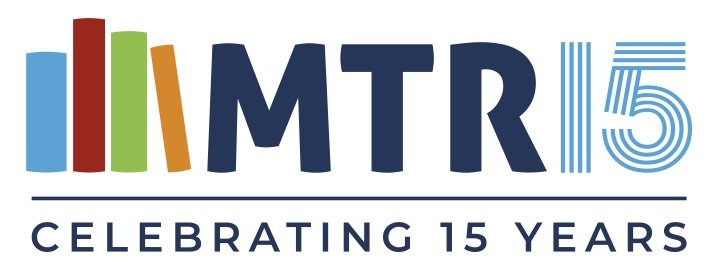Reflection on MLK’s Paper, “The Purpose of Education”
Many quote Dr. Martin Luther King Jr. for stating, “Intelligence plus character–that is the goal of true education”. It’s easy to envision a seasoned civil rights leader compelling the world to critically think about the chief end of schooling. However, it wasn’t a man but a teenager who wrote these famous and challenging words in an essay entitled “The Purpose of Education” for the Morehouse College Maroon Tiger school paper during his senior year of college. His life was an embodiment of these prophetic words shared at 18 years old.
This paper was written during a time when segregation was legal and white supremacy reigned with power and force. Upward mobility for a black person was (as it is today) a value and something worth striving towards. Young King critically challenged both black and white pursuits of power and success by means of education. He compelled all to reimagine what learning environments could do for a person. Knowledge alone was not enough; integrity and compassion should be integral parts of holistic learning. We are to be people who are well-read, critical thinkers who value others and seek their well-being.
Here are a few ideas I would like to highlight from the essay.
Idea #1: Education SHOULD NOT RESULT in a commitment to selfish gain or exploitation.
“I too often find that most college men have a misconception of the purpose of education. Most of the “brethren” think that education should equip them with the proper instruments of exploitation so that they can forever trample over the masses.”
Perhaps, King had observed the black men in his school and noticed their intense desire to use education solely for personal gain – most likely as a means to escape their current state of poverty and oppression. But he warned that this could lead to them becoming future oppressors.
“The late Eugene Talmadge, in my opinion, possessed one of the better minds of Georgia, or even America. Moreover, he wore the Phi Beta Kappa key. By all measuring rods, Mr. Talmadge could think critically and intensively; yet he contends that I am an inferior being. Are those the types of men we call educated?”
Later in his essay, he also used the example of Eugene Talmadge, the late white, educated governor of Georgia, who unfortunately was also committed to oppression through white supremacy and segregation.
Idea #2: Education SHOULD RESULT in knowledge gained and character developed for the betterment of others.
“The function of education, therefore, is to teach one to think intensively and to think critically. But education which stops with efficiency may prove the greatest menace to society. The most dangerous criminal may be the man gifted with reason, but with no morals.”
“The complete education gives one not only power of concentration, but worthy objectives upon which to concentrate. If we are not careful, our colleges will produce a group of close-minded, unscientific, illogical propagandists, consumed with immoral acts. Be careful, ‘brethren!’ Be careful, teachers!”
King offers a warning to educators who seek only to impart knowledge and thinking skills but fail to cultivate compassion and integrity. Aligning to standards, promoting growth mindset and ensuring all children are performing well academically is important. However, Dr. King would suggest we commit ourselves to creating learning environments that challenge students to genuinely care for each other in addition to critical thinking. Our students should leave our classrooms with a conviction to fulfill their moral responsibility of seeking the betterment of all persons in this world. It is my challenge to teachers to create an environment of learning that not only celebrates academic achievers but also highlights individuals who make morally upright decisions for the good of others. As we seek to close the achievement gap, as educators, we must ensure that we are not only cultivating in our students the mind to learn, but also the heart to love and serve their neighbors.
-Candace Obadina, MTR Class of 2013 and Founding MTR Camp Director

